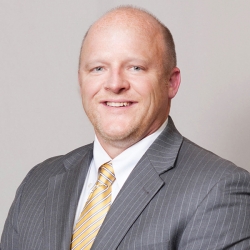New dates pending
Click here to Visit Autonomous Vehicle Test & Development 'Virtual' Live
Returning in 2022. Dates to be confirmed
Click here to Visit Autonomous Vehicle
Test & Development 'Virtual' Live

 Neal Walters, product liability group leader at law firm Ballard Spahr, previews his presentation on class-action litigation and looks at how the field will change when automated vehicles begin to be rolled out.
Neal Walters, product liability group leader at law firm Ballard Spahr, previews his presentation on class-action litigation and looks at how the field will change when automated vehicles begin to be rolled out.